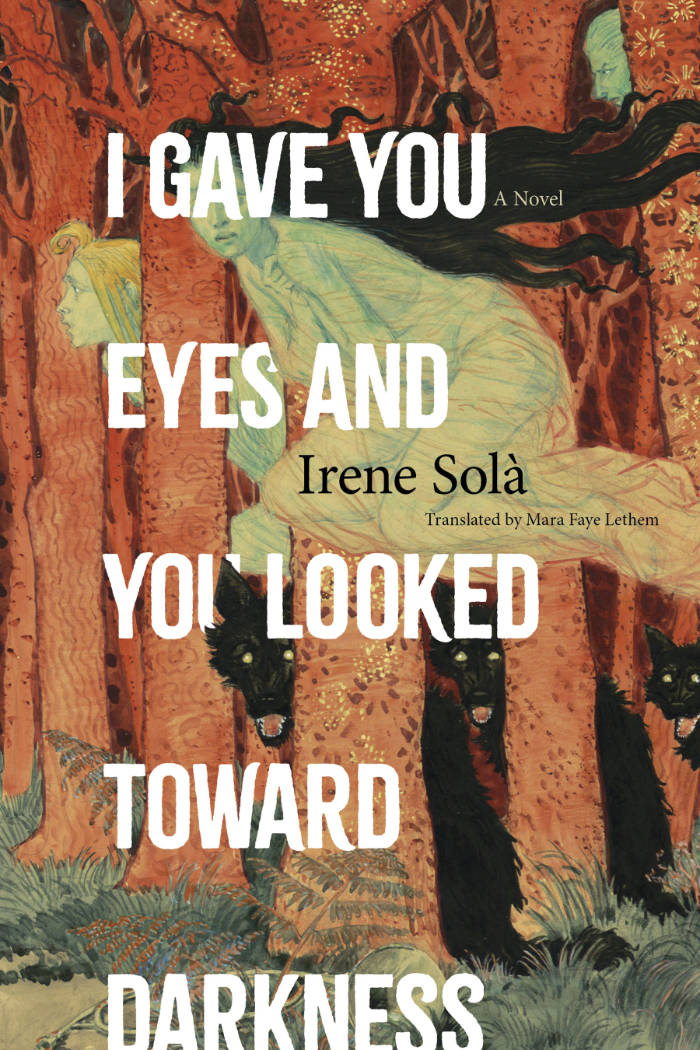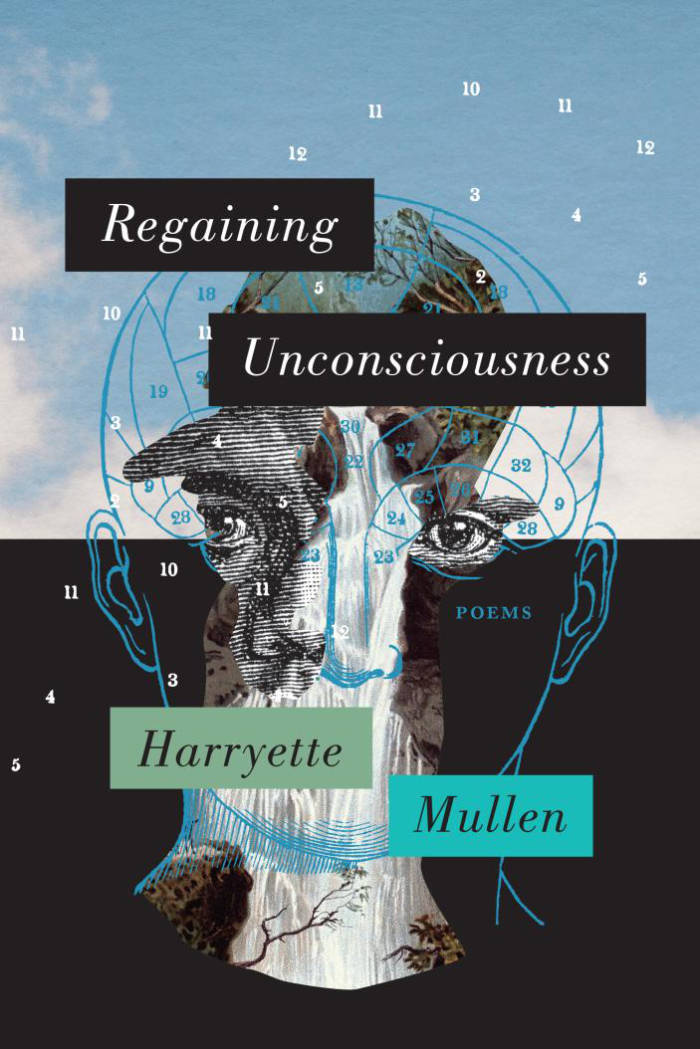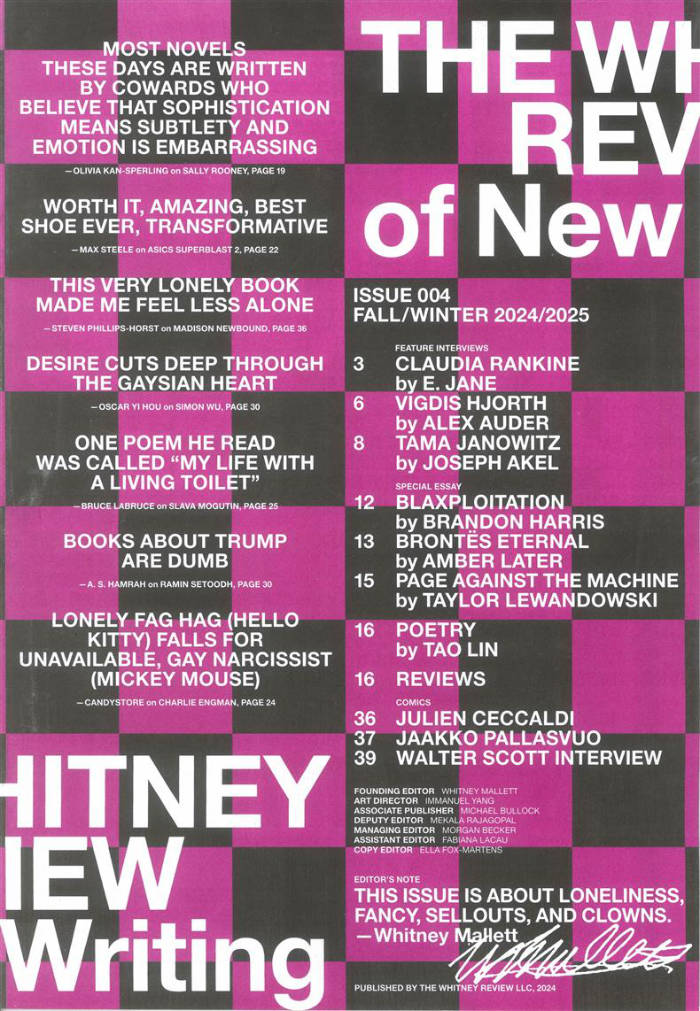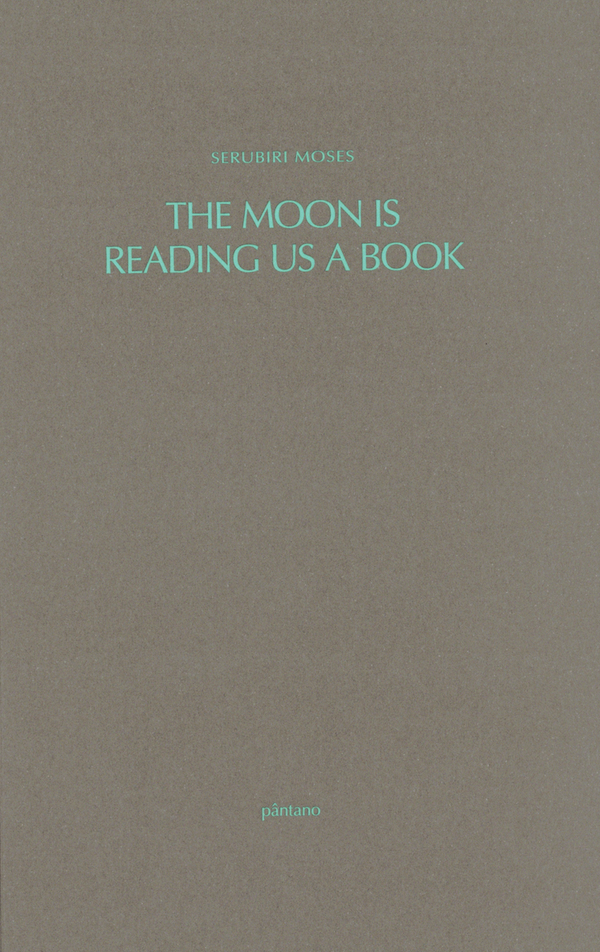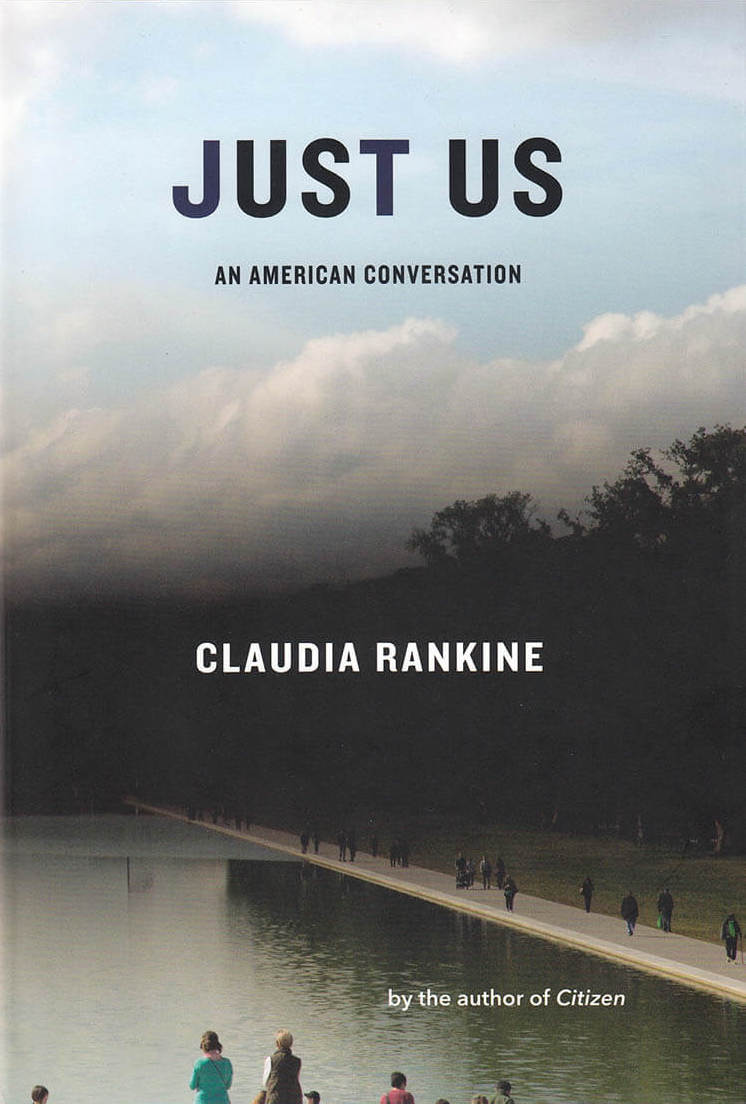
Just Us: An American Conversation
In Just Us, Claudia Rankine invites us into a necessary conversation about Whiteness in America. What would it take for us to breach the silence, guilt, and violence that arise from addressing Whiteness for what it is? What are the consequences if we keep avoiding this conversation? What might it look like if we step into it? "I learned early that being right pales next to staying in the room," she writes.
This brilliant assembly of essays, poems, documents, and images disrupts the false comfort of our culture's liminal and private spaces—the airport, the theater, the dinner party, the voting booth—where neutrality and politeness deflect true engagement in our shared problems. Rankine makes unprecedented art out of the actual voices and rebuttals of others: White men responding to, and with, their White male privilege; a friend clarifying her unexpected behavior at a play; and women on the street expressing the political currency of dyeing their hair blond, all running alongside fact-checked notes and commentary that complement Rankine's own text, complicating notions of authority and who gets the last word. Funny, vulnerable, and prescient, Just Us is Rankine's most intimate and urgent book, a crucial call to challenge our vexed reality.
Claudia Rankine is a poet, an essayist, and a playwright. Just Us completes her groundbreaking trilogy, following Don't Let Me Be Lonely and Citizen. She is a MacArthur Fellow and teaches at New York University.
Language: English
